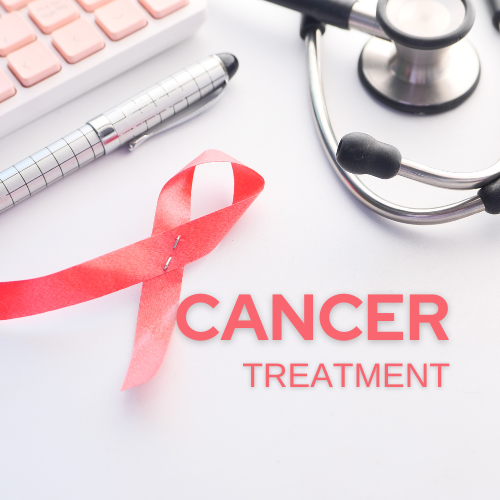Introduction
While not all cancers are preventable, adopting healthy lifestyle habits can significantly lower your risk of developing cancer. Incorporating these ten habits into your daily routine can promote overall health and reduce your cancer risk.
1. Maintain a Healthy Weight
Being overweight or obese is a risk factor for several types of cancer, including breast, colon, prostate, and pancreatic cancer. Aim to maintain a healthy weight through a balanced diet and regular physical activity.
2. Eat a Balanced Diet
Aim for a diet rich in fruits, vegetables, whole grains, and lean proteins. Limit red and processed meats, sugary foods, and excessive salt intake. A healthy diet provides essential nutrients and antioxidants that support overall health and reduce cancer risk.
3. Stay Active
Regular physical activity lowers the risk of developing various cancers, including breast, colon, and lung cancer. Aim for at least 150 minutes of moderate-intensity exercise or 75 minutes of vigorous exercise per week. Incorporate activities you enjoy, such as walking, swimming, or cycling.
4. Avoid Tobacco
Tobacco use is a leading cause of multiple cancers, including lung, mouth, throat, esophagus, and bladder cancer. Avoid smoking, vaping, or using smokeless tobacco products. If you currently smoke, seek help to quit.
5. Limit Alcohol Consumption
Excessive alcohol consumption is linked to an increased risk of cancers of the mouth, throat, liver, breast, and colon. Limit alcohol intake to no more than one drink per day for women and two drinks per day for men.
6. Protect Your Skin
Exposure to ultraviolet (UV) radiation from the sun and indoor tanning beds increases the risk of skin cancer, including melanoma. Protect your skin by using sunscreen with SPF 30 or higher, seeking shade, and wearing protective clothing and sunglasses.
7. Get Vaccinated
Vaccines can prevent infections that contribute to cancer risk. For example, the HPV vaccine helps protect against human papillomavirus (HPV) infections, which can lead to cervical, anal, and other cancers. Ensure you and your children are up-to-date on recommended vaccinations.
8. Practice Safe Sex
Sexually transmitted infections (STIs), such as HPV and HIV, can increase the risk of certain cancers. Practice safe sex by using condoms consistently and limiting your number of sexual partners.
9. Screen Regularly
Screening tests can detect cancer early, when treatment is most effective. Follow recommended guidelines for screenings such as mammograms, Pap tests, colonoscopies, and skin checks based on your age, gender, and family history.
10. Manage Stress
Chronic stress may weaken the immune system and contribute to inflammation, which can promote cancer growth. Practice stress-reducing techniques such as meditation, yoga, deep breathing exercises, or engaging in hobbies you enjoy.
Incorporating these healthy habits into your lifestyle can empower you to reduce your cancer risk and promote overall well-being. Small changes in daily habits can make a significant difference in your long-term health outcomes. Consult with healthcare professionals for personalized guidance and support in maintaining a healthy lifestyle



